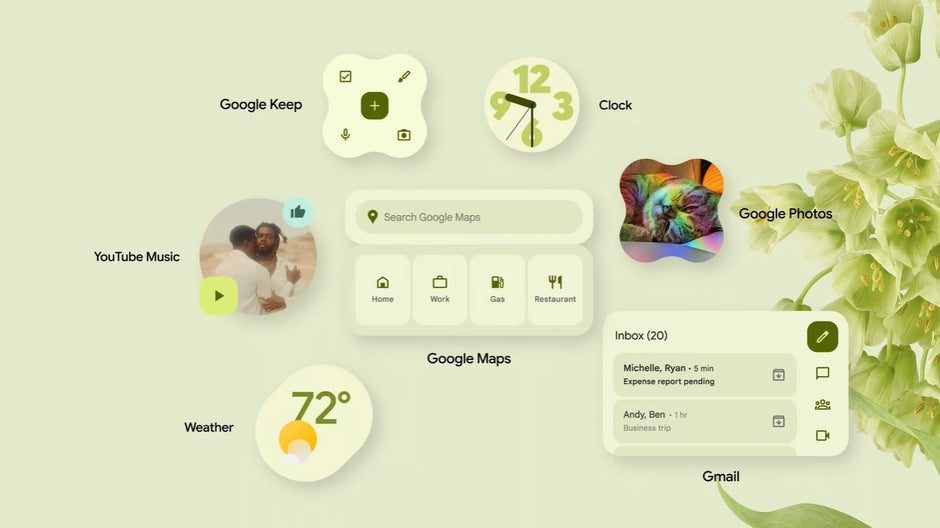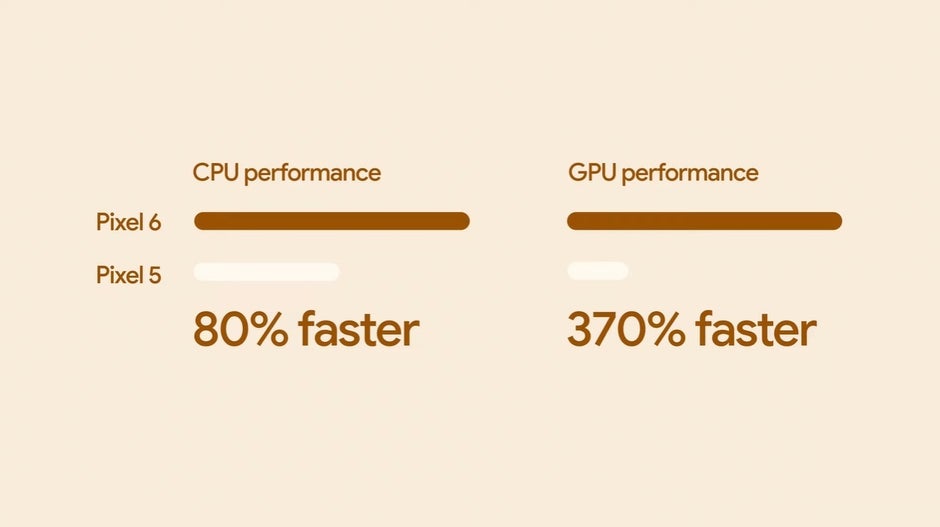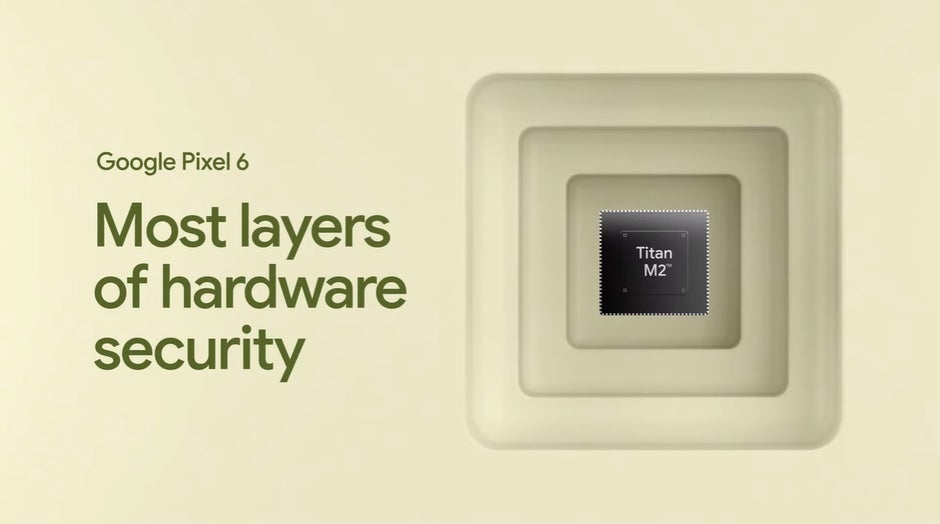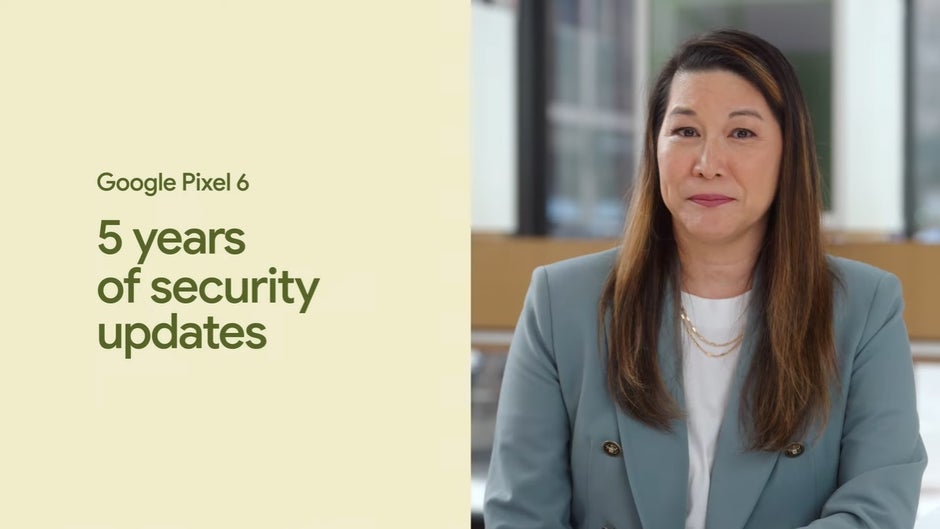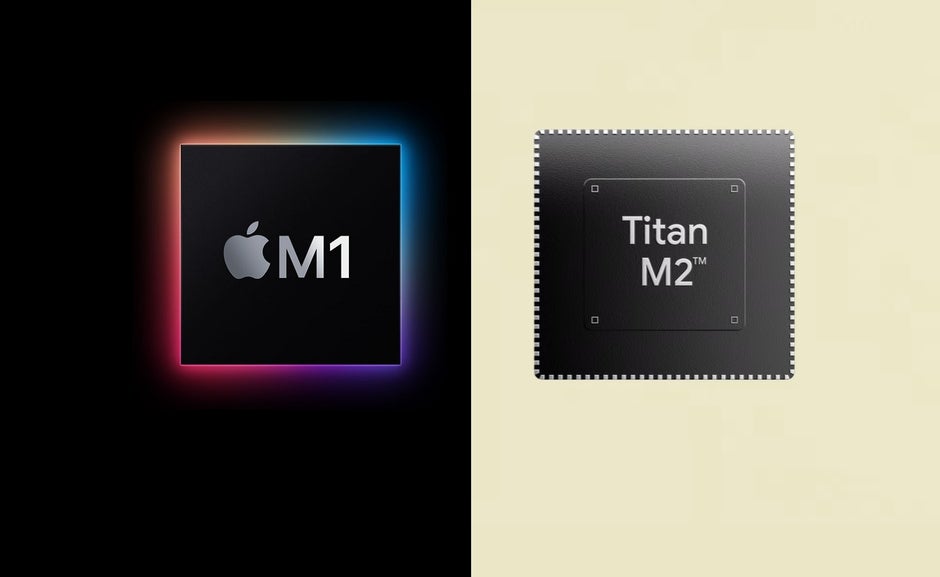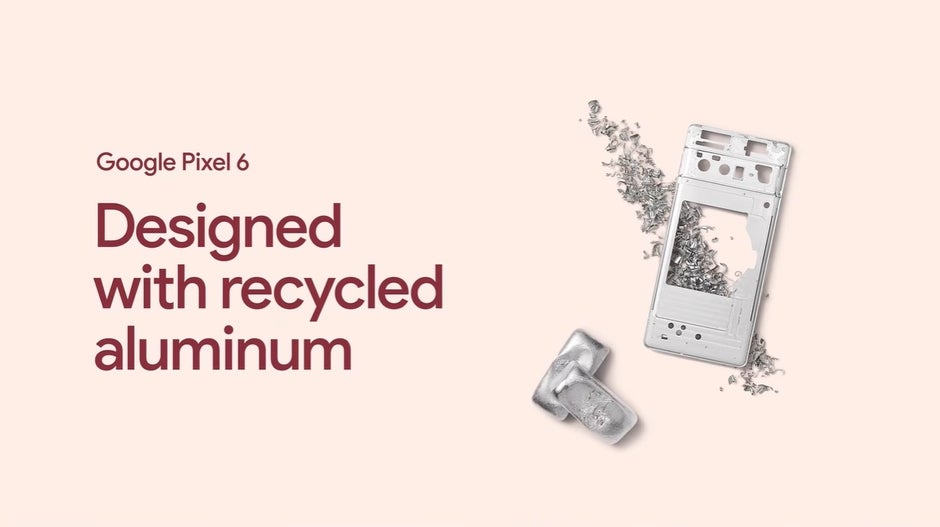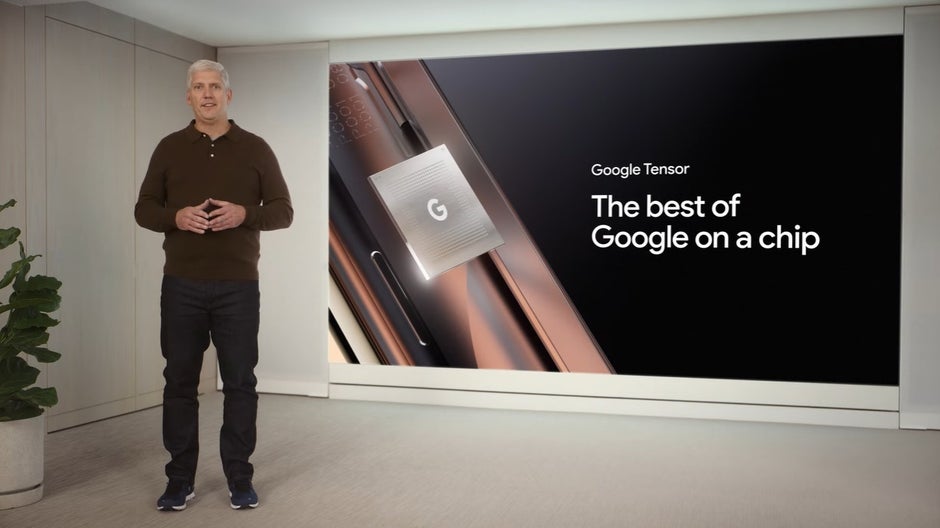All the shots Google fired at Apple during the Pixel 6 event
Even if you were around for the recent Google Pixel 6 event and paid close attention, you may have missed some of the cheeky jabs Google took at Apple during its extensive Pixel 6 presentation.
Well, we can’t let something as fun as this fly under our radars now, can we? Here are some of the most obvious shots fired during the Pixel 6 event, almost exclusively aimed at Google’s richest competitor on the smartphone market – Apple.
“My phone adapts to me, rather than the other way around”
While presenting Android 12’s Material You design on the Pixel 6, Sabrina Ellis, Product Manager at Google subtly pointed out how an adaptive design like this is the opposite of what Apple offers its users.
While the iOS operating system on even the newest iPhone 13 remains notoriously non-customizable, Android 12’s Material You design can intelligently switch its primary colors based on the user’s chosen wallpaper, making their phone feel fresh effortlessly. Android, of course, is also fully customizable beyond just the colors, with the use of third party launchers, icon packs and more.
In addition, on Android you can switch around your navigation bar buttons, or enable gestures instead, get a floating taskbar – pretty much anything you may want. So yes, Android can technically adapt to you in many ways, and now even more so with Material You.
iPhone users, however, have to stick with the default launcher, colors and icons, although one can finally change their default apps and use homescreen widgets for some flair.
“Benchmarks don’t always reflect real-world user experience”
Most of us are well aware that iPhones and iPads excel in performance benchmarks, even though they pack (sometimes) significantly less RAM than their Android competitors.
Well, Google isn’t about to let that go unchallenged. During the Pixel 6 Tensor chip presentation, in between roasting Qualcomm, Monika Gupta, Product Manager at Google said the following, which was likely a shot at Apple:
“Peak CPU and GPU speeds look great in benchmarks, but they don’t always reflect real-world user experience. Pixel 5 is a good example of our approach. Google software delivered a great experience, even on a chip that didn’t win on benchmarks. Don’t get me wrong, Tensor CPU and GPU are much faster compared to any past Pixel. But what matters more are the brand new experiences enabled by Google Tensor that weren’t possible until now.”
And indeed, when we ran our benchmark tests on the Pixel 5 for our review, its performance was severely behind its Apple competitor – the iPhone 12. It also lagged behind the Samsung Galaxy S21, as you can see:
So is this statement from Google suggesting that the Pixel 6 will also end up lagging behind this year’s iPhone 13 in the benchmarks? Stay tuned for our Pixel 6 review, as we’ll find out.
“It’s a highest-rated phone for security”
In fact, Google’s Rick Osterloh called the Pixel 6 “a highest-rated phone for security, that keeps your information safe and private.”
In addition, Google’s Sabrina Ellis made a similarly grand statement about the Pixel 6’s security:
“Titan M2, Tensor security core, and our new open-source trusted execution environment give Pixel the most layers of hardware security in any phone.”
This definitely sounds reassuring, and is a good way to remind Apple that it’s not the only company that values user privacy and security. Or at least, not the only company that can boast about it.
But if we put on our shiny tin foil hats and start digging deep, Google is still one of the companies that has reportedly provided the NSA with a backdoor to every smartphone for the notorious PRISM surveillance program. Apple too.
So technically none of those smartphone companies are exactly the peak of user security and privacy, are they?
“At least 5 years of security updates”
This is definitely welcome news for Android users, some of whom are left with outdated software as soon as just a year after they purchased their smartphone, if not even sooner, depending on the manufacturer.
In contrast, Apple is famous for delivering software updates for many, many years. Even the 2015 iPhone 6s is still running the latest iOS, which is iOS 15. Apple delivers full OS updates, mind you, not just security updates.
But still, Google was eager to point out that Pixel 6 users will be getting at least 5 years of security updates. It’s particularly good news for those planning to use the Pixel 6 or Pixel 6 Pro for many years to come. For at least 5 years, they won’t feel forced to buy a new phone over security risks.
Titan M2 chip – take that, Apple M1
Now this is an interesting one, and perhaps a stretch, but I can’t help wondering why Google chose to name its new security chip “M2”. Could it be to one-up Apple’s wildly popular M1 chip? If so, that’d be funny.
To be fair, Google came up with the M name first. Its original Titan M security chip was introduced in late 2018 for the Pixel 3. Then Apple came out with its M1 processor and made a huge marketing wave around it as Apple does, so that’s the one most people are aware of.
Now Google is naming its second-gen Titan M chip the M2. And it makes sense that the company chose this name, but I can’t help but see it as a one-up to the Apple M1. A subtle way to say “You go choose some other letter, fruit company, we’re not backing down, and we’re a number ahead!”
Sustainability isn’t just Apple’s thing
For a while now one of Apple’s regular topics during events has been sustainability. The company uses recycled materials where possible and no longer gives us chargers with our new iPhones and Apple Watches, supposedly in order to decrease its carbon footprint. And surely not to increase its profits from charging brick sales and by delivering more smartphones at once thanks to them being packaged in smaller boxes. But hey.
In any case, sustainability is a hot topic, and during Google’s Pixel 6 presentation, Google made sure to point out its involvement:
“We’re also continuing our investment in making our products more sustainable. For example, Pixel 6 and Pixel 6 Pro are designed with recycled aluminum to reduce their carbon footprint.”
And of course, although Google didn’t mention it, there will be no chargers included in the Pixel 6 and Pixel 6 Pro boxes, just like how Apple does it.
Bonus jabs at Qualcomm
Throughout the Pixel 6’s presentation, when talking about its Tensor chip, Google seemingly took a whole lot of shots at Qualcomm too.
Qualcomm, of course, is the processor manufacturer that Google’s earlier Pixel phones relied on. For example, last year’s Pixel 5 was powered by the Qualcomm Snapdragon 765G processor.
But now that Google has developed its own Tensor chip, the company wasn’t shy of sharing it’s real feelings on Qualcomm and its work. Although technically the Qualcomm name wasn’t dropped, we know exactly whom Google was talking about.
“The Tensor chip is specifically designed to offer Google’s latest advances in AI directly on a mobile device. This is an area where we’ve been held back for years.” – Rick Osterloh, Google Devices and Services
“Mobile chips simply haven’t been able to keep pace with Google’s research, and rather than wait for them to catch up, we decided to make one ourselves.” – Monika Gupta, Google Product Manager
“Held back”, waiting “for them to catch up”? Ouch!
For all the latest Technology News Click Here
For the latest news and updates, follow us on Google News.

